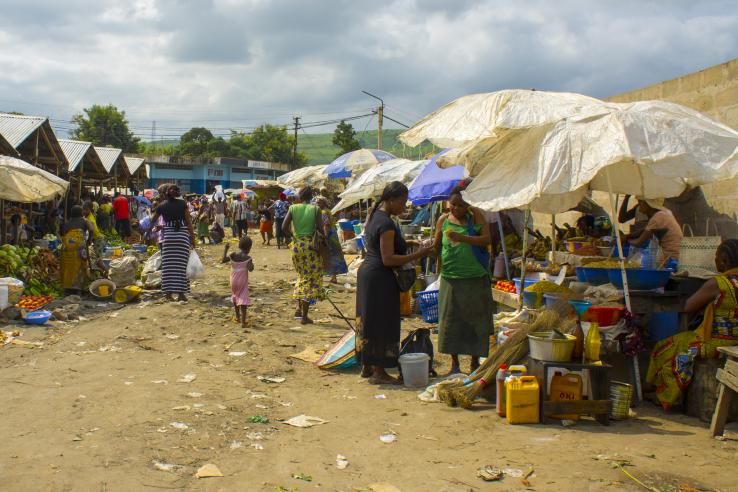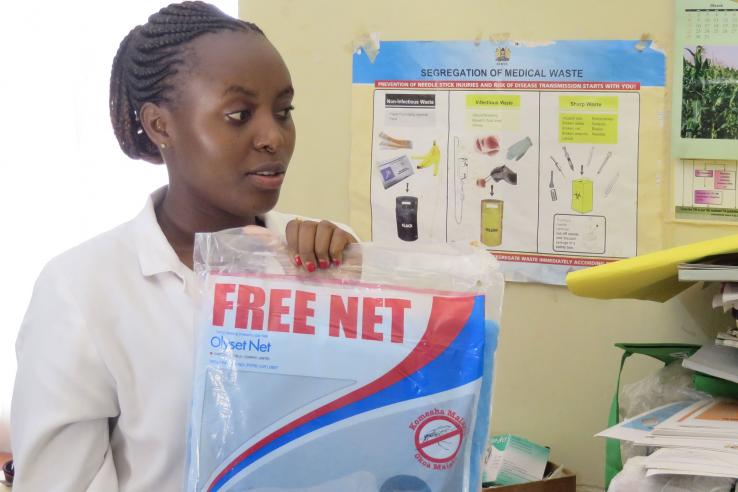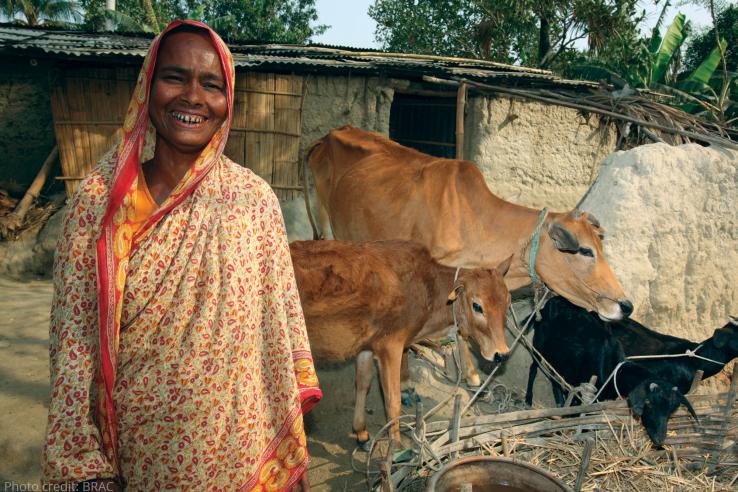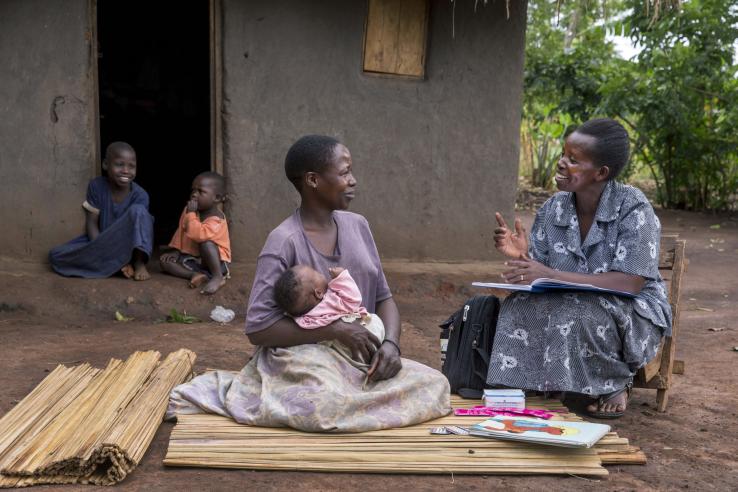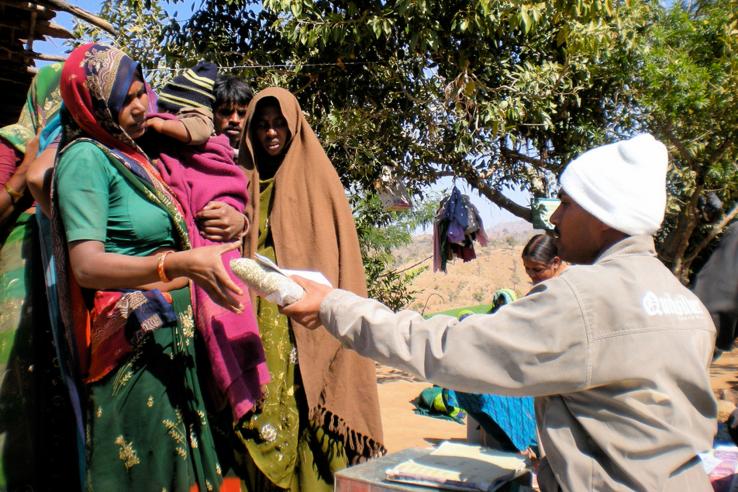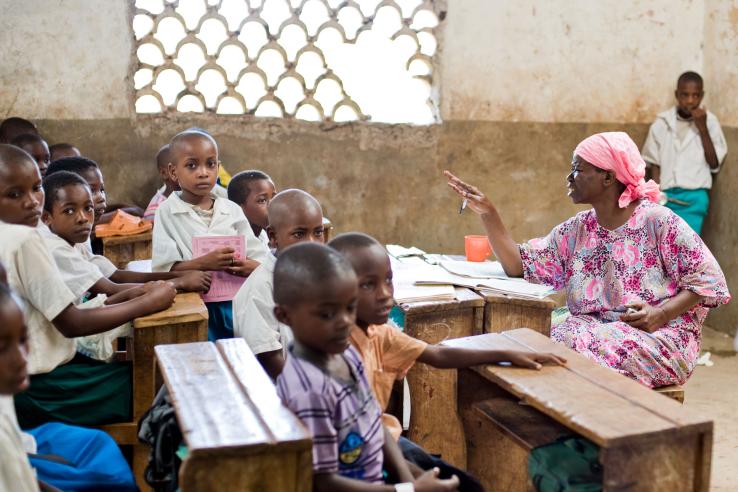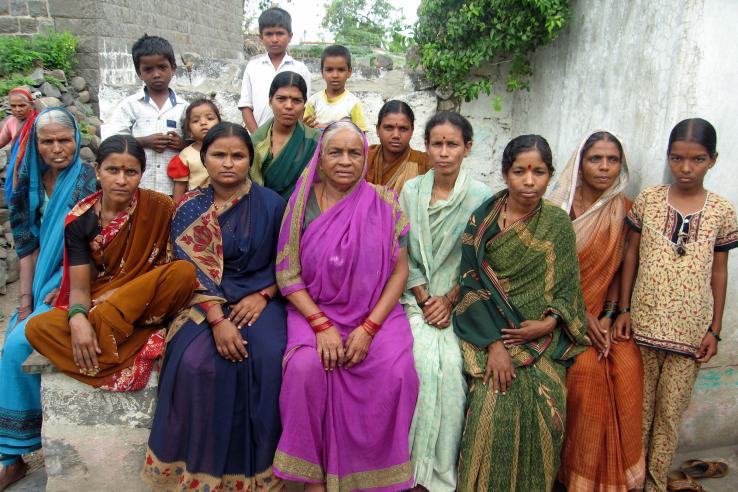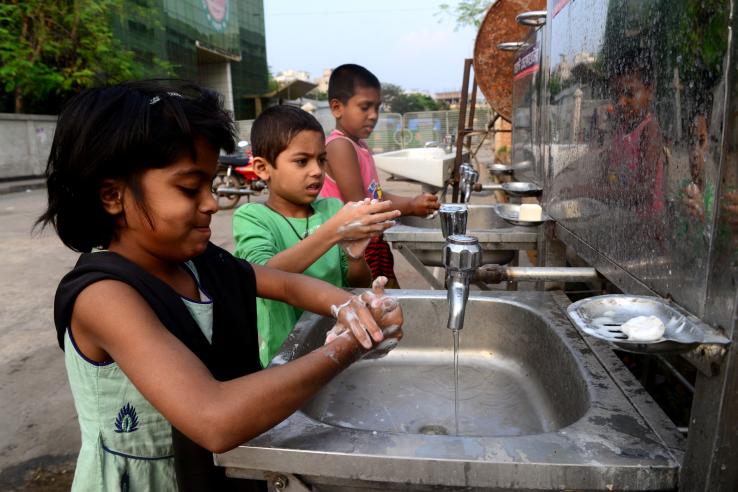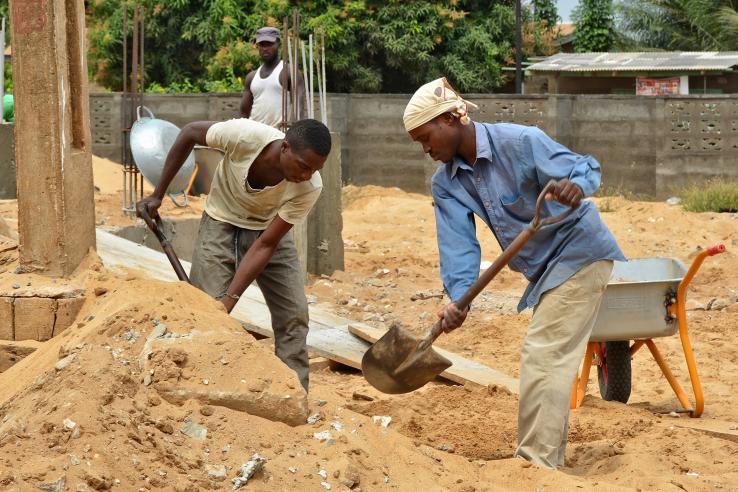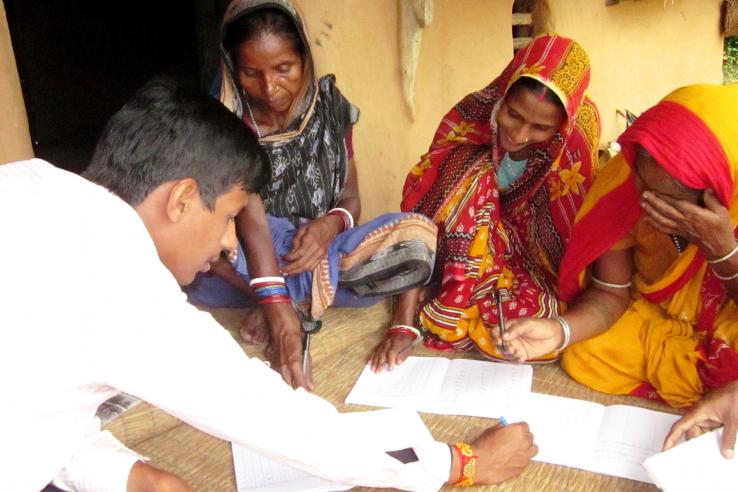Displaying 1006 - 1020 of 1291
Evaluation
In partnership with the Kasai Central Provincial Tax Ministry in the Democratic Republic of Congo, the researcher conducted a randomized evaluation to identify the direct and indirect effects of varying levels of enforcement on firms’ tax compliance and their likelihood to pay bribes.
Evaluation
Heavily subsidizing essential health products like insecticide-treated bed nets has the potential to substantially decrease child mortality in sub-Saharan Africa, but there is widespread concern that poor governance and limited accountability among health workers undermines the effectiveness of subsidy programs . Researchers measured the impact of several financial and monitoring incentives on the quality of bed net delivery to pregnant women in Ghana . The incentives had no impact on the quality of delivery. Audits in Ghana, Kenya, and Uganda revealed that around 80 percent of targeted recipients received a bed net subsidy as intended and leakage of products to ineligible recipients was limited. A system change that moved the point of delivery from the clinic to a local shop via vouchers worsened program coverage, reducing the likelihood of a woman receiving a net at her fist visit by 17.8 percentage points.
Evaluation
Researchers partnered with BRAC to evaluate their multi-faceted livelihood program known as the Graduation Approach, which aims to encourage occupational change among women living in extreme poverty. The Graduation Approach enabled these women to shift away from seasonal casual wage labor and into livestock rearing, leading to an increase in earnings and a reduction in extreme poverty.
Evaluation
In Uganda, researchers conducted a randomized evaluation to test the impact of a communication training program targeting mothers on child health investments. The intervention increased spousal discussion about the family’s health, nutrition, and finances.
Evaluation
In rural Rajasthan, India, researchers evaluated whether improving access to vaccines via immunization camps could increase immunization rates, and whether additionally offering a non-financial incentive such as lentils could further increase rates. They found that providing incentives alongside reliable immunization camps increased the likelihood of full childhood immunization by more than six times, whereas households not offered incentives were only 2.7 times more likely to immunize their children.
Evaluation
Researchers evaluated three interventions that addressed the large class sizes and heterogeneity in student preparation in the Kenyan school system. They found that hiring additional local contract teachers helped reduce classroom overcrowding and improved student learning outcomes. The biggest gains came when local school committees were empowered to oversee the recruitment process and to effectively monitor teachers, and when classes were structured to target instruction to students’ initial achievement level.
Evaluation
Researchers evaluated the impact of the Balsakhi Program, a remedial tutoring education intervention implemented in schools in Vadodara and Mumbai, India, on student learning. The program significantly improved student test scores in both locations.
Evaluation
Researchers partnered with SKS Microfinance to measure the impact of bundling a health insurance product with microloan renewals on health insurance take-up, and health care use and spending. They found that the requirement to purchase health insurance substantially reduced microcredit clients’ loan renewal rates, meaning that people were willing to give up credit to avoid buying insurance.
Evaluation
Kindergarten education is vital for a child’s success in primary school and later in life. However, kindergarten enrollment rates of children from ethnic minorities remain low. Researchers measured the impact of providing incentives and information about the importance of early education on the kindergarten participation rates and learning of disadvantaged Roma children in Bulgaria. The program had mixed effects on kindergarten enrollment and learning.
Evaluation
Researchers conducted an evaluation to test the impact of a hand-hygiene edutainment (entertainment education) campaign on handwashing and health in Bangladesh. The campaign improved handwashing and child health but had no impact on hygiene knowledge.
Evaluation
Researchers designed an employment program in northern Ghana and evaluated participants’ willingness to engage in paid labor and carry out complex tasks on the job.
Evaluation
In India, researchers partnered with Bandhan Konnagar to evaluate the impact of a multi-faceted livelihoods program known as the Graduation approach, which aims to encourage occupational change among people living in extreme poverty. The Graduation approach had large and positive effects on economic well-being and health over the long term, even ten years after the productive asset transfer.
Evaluation
Researchers introduced a recruitment drive for a firm in Malawi to evaluate the impact of referral-based hiring on women’s employment at the company. Results from the randomized evaluation indicate that men systematically referred fewer women, and women’s referral of other qualified women was not enough to offset men’s behavior.
